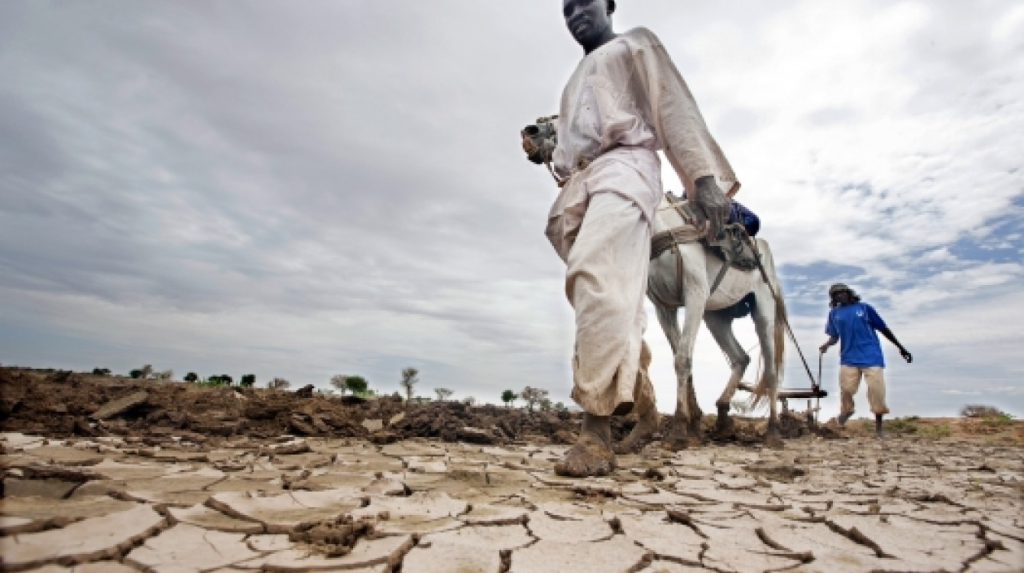The National Observatory on Climate Change (NOCC) has issued a warning about an unusual rise in temperatures across the country over the next three months.
The forecast, detailed in NOCC’s latest seasonal bulletin, covers December 2024 to February 2025 and anticipates hotter-than-normal conditions, even in typically cooler regions.
The bulletin predicts an early and severe dry season in the Centre, East, and South Regions, with occasional rain expected in some coastal parts of the South.
Additionally, the Sudan-Sahel zone is forecast to experience more days with maximum temperatures ranging between 35°C and 45°C. Towns such as Kousseri, Mora, Garoua, and Tokombéré are among those likely to be most affected.

The document also highlights the risk of increased evapotranspiration, which could lead to water shortages in key reservoirs and dams, including Maga, Mokolo, Lagdo, and Lom Pangar.
These conditions may severely strain water resources in regions like the Far North, North, Adamawa, and parts of the South and East.
The NOCC warns that the impacts of these climatic changes will extend to various sectors. Health risks include a potential rise in water-borne diseases like amoebic dysentery, yeast infections, and conjunctivitis, as well as increased cases of psychosocial stress and depression.
In agriculture, the challenges are expected to be severe. The dry conditions and heightened temperatures could lead to bushfires destroying crops, water scarcity affecting irrigation, and increased insect infestations damaging cereals.
The bulletin serves as a call to action for communities and authorities to prepare for the upcoming challenges.
NOCC urges proactive measures to mitigate the effects of the forecasted changes and protect vulnerable sectors.


